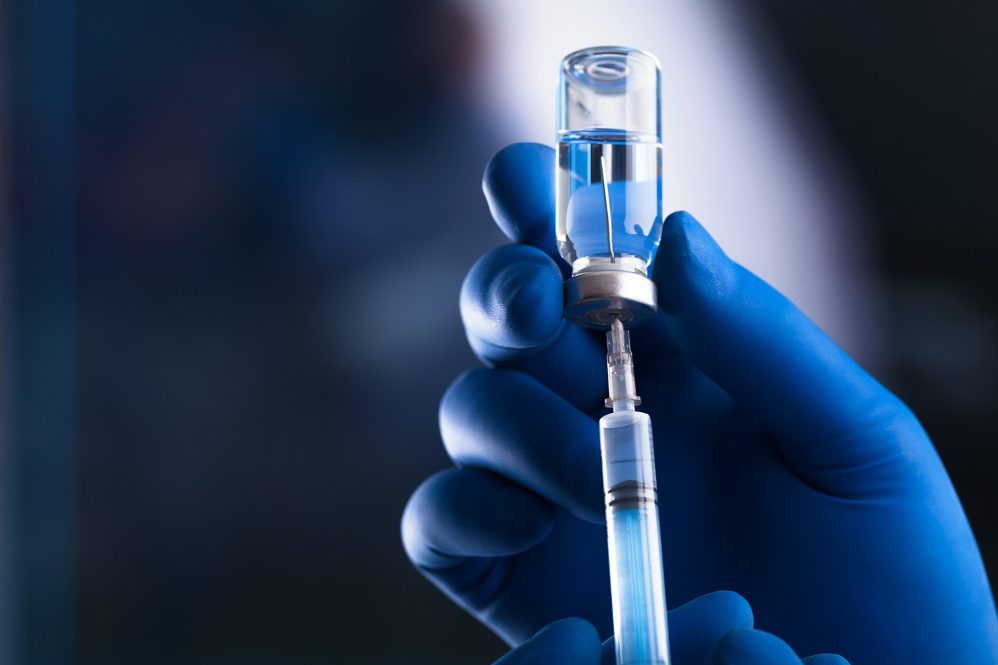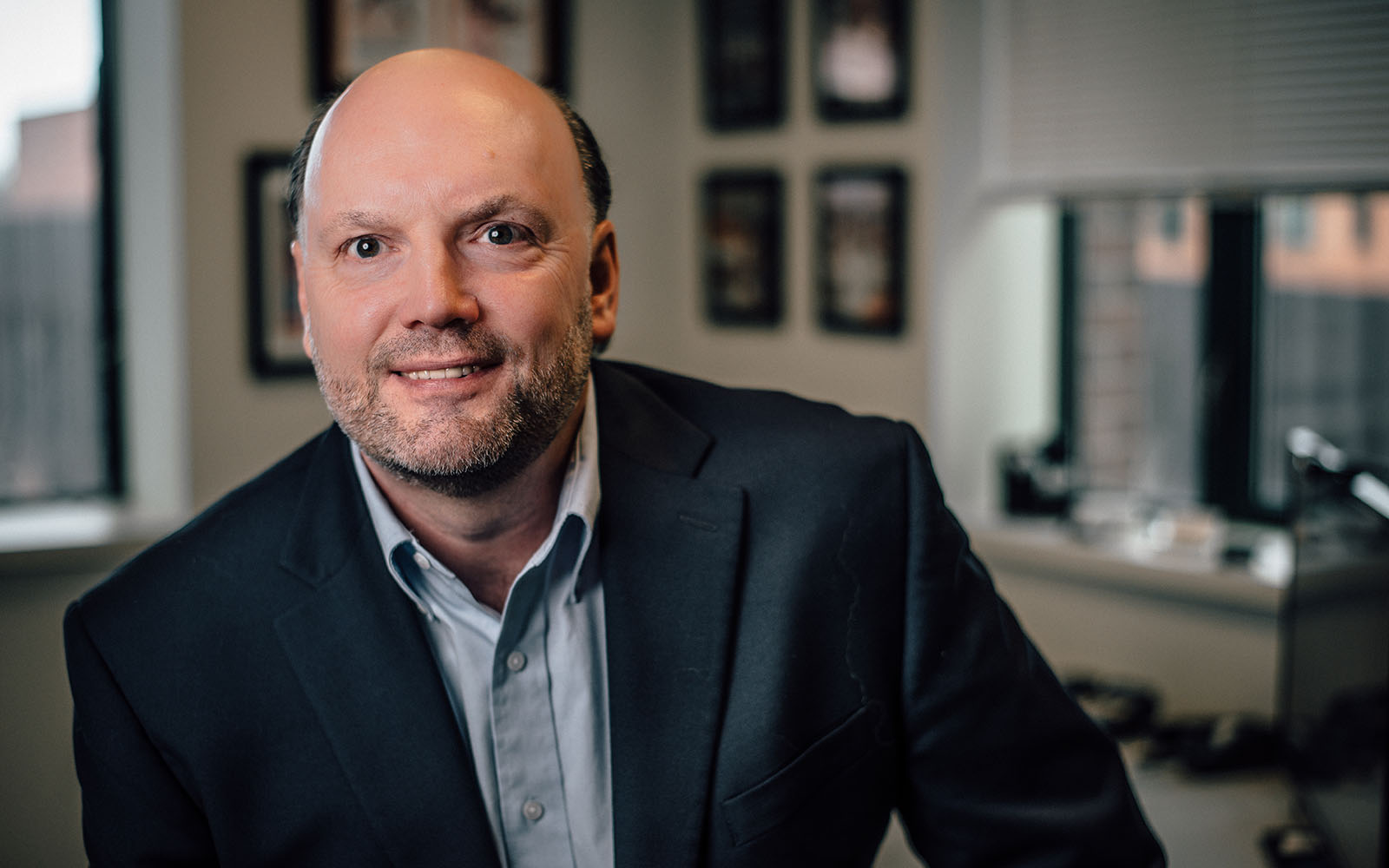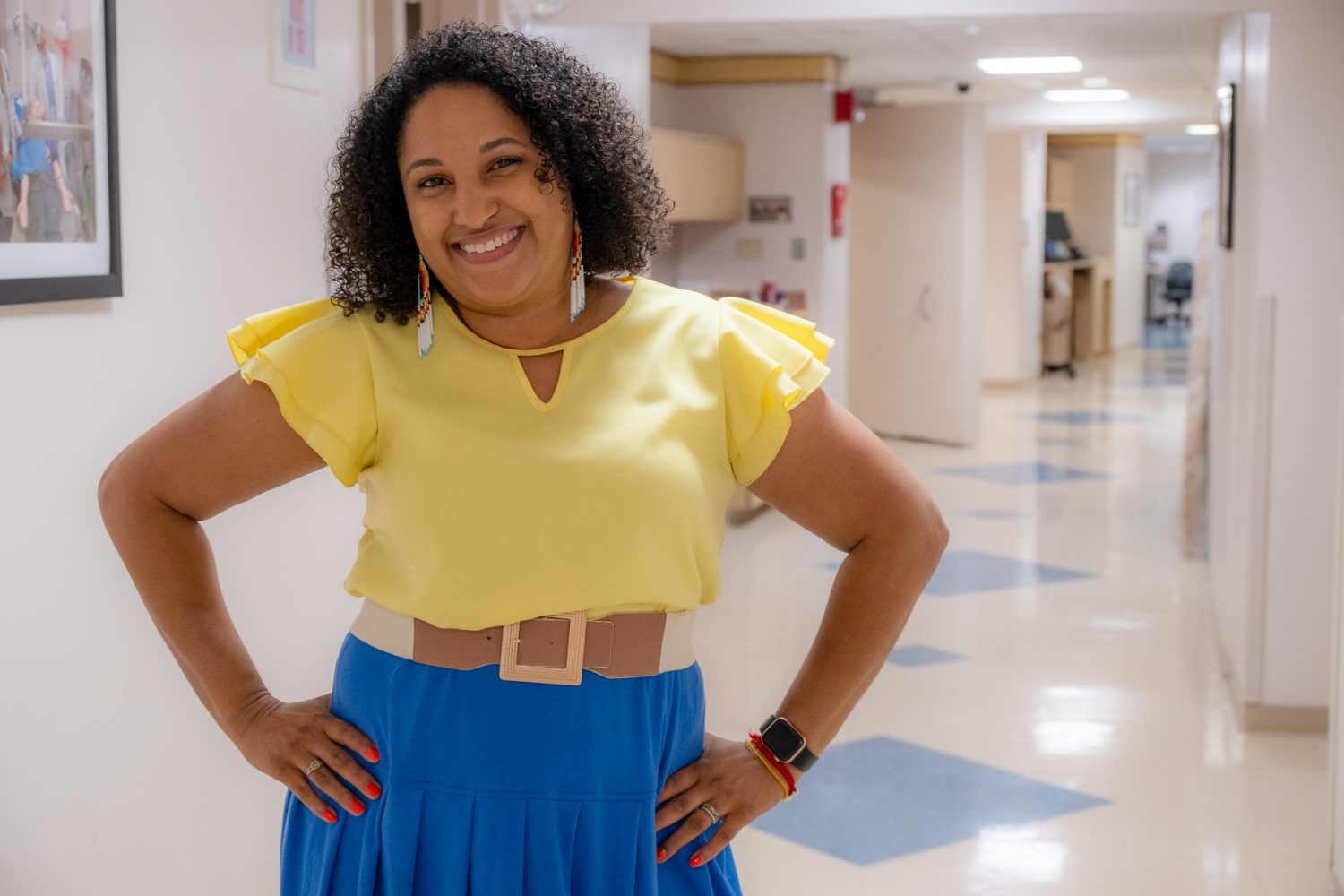
On Monday the FDA expanded its emergency use authorization of the first COVID-19 vaccine for children ages 12 to 15. This vaccine, made by Pfizer, is already authorized for those age 16 and older.
To learn more UConn Today sat down with UConn Health Pediatrician Jody Terranova, DO, assistant professor in the Department of Pediatrics at UConn School of Medicine. She also serves as director of Burgdorf Health Center Pediatric Clinic and a site director of UConn’s Family Medicine Residency training program.
As President-Elect for the Connecticut chapter of the American Academy of Pediatrics, she also was a recent member of the Scientific Sub-Group of State of Connecticut Governor’s COVID-19 Vaccine Advisory Group.
Q: Why has the FDA authorized the Pfizer vaccine for children as young as 12 years of age?
A: Pfizer completed its clinical trials on children 12-15 years old and submitted the data to the FDA in March. The FDA has been reviewing that data for safety and effectiveness. The data shows that it is extremely effective and well-tolerated with similar side effects as adults. We have seen so far that the vaccine is just as safe in 12-15 year olds as it is in 16 and up.
Q: How soon will the vaccine be available to Connecticut children 12-15 years of age?
A: It will be available immediately. Many of our current vaccination sites have Pfizer on hand and will be able to offer it to the younger age group right away. The expectation is that pharmacies and community vaccination sites run by our various healthcare systems across the state will be able to provide it within days. School based clinics may be offered as an option as well.
Q: Are there any safety concerns children and their parents need to keep top of mind post-vaccination?
A: Similar to other vaccines and similar to the response we saw in older children and adults, the most common side effects are going to be pain at the injection site, fever, generalized fatigue or body aches. All of these resolve within a day or so and can be treated with over the counter medications if needed.
Q: In our battle against COVID-19, why is it so critical for more youth to get vaccinated?
A: There are a couple of reasons why it is critically important for our children to be vaccinated. The first is that while we have not seen children impacted as severely as older adults, they can still get quite sick from COVID-19 and suffer from its longer-term complications. Second, with children representing 20-25% of the communities they live in, we will never get close enough to herd immunity to stop the community spread without vaccinating a large number of children too.
Q: For parents who may be on the fence about getting their young children vaccinated, or even themselves still, what’s your message to them as a pediatrician?
A: We know that the vaccines are very safe. We have seen millions of people across the country and the world receive these vaccines. We know that COVID-19 is still in the community and can still cause great harm to individuals. Our fastest path back to normalcy and reducing the spread and the rise of new variants of COVID-19 is by vaccinating all of us.
Q: What’s on the horizon in your opinion when it comes to children and vaccination under 12 years old?
A: Trials are ongoing for Pfizer and Moderna for children under 12 years old. We’ll probably see data released later this year in batches such as 5-12 years old, 2-5 years old and then 6 months-2 years old. Everyone’s hope is that we’ll have the 5 year old and up data available to review and approve for the start of school in the fall. It will probably be close but perhaps after the start of school that we will see it available to 5 years old and up.
Q: Do you think public schools will most likely require the COVID vaccine for children’s in-person attendance in the fall – or is it a good idea to consider?
A: Vaccine mandates are an interesting topic. From a public health perspective, if not enough people are choosing on their own to vaccinate – both to protect themselves and to protect others – then we do see mandates as an option. Once the vaccines receive regular approval (rather than emergency use authorization), then we may see employers requiring vaccines and perhaps even schools. We require vaccines for other deadly diseases, and in the midst of a worldwide pandemic it is quite reasonable to consider requiring a vaccine to help end the pandemic and work towards eventually eradicating this disease.
Q: How should parents talk to their children about getting the COVID-19 vaccine?
A: Children are very aware of what is going on around them, and often more aware than we given them credit for. Some children in this age group already understand that getting vaccinated is important, both to protect themselves and to protect others. Appealing to their sense of altruism may help some kids get passed their nervousness about getting a shot. Making it a family event to go get your vaccines together, or bringing along younger children to see parents and older siblings get vaccinated may work in some situations too. And ask your pediatrician for advice if you need it. We are always happy to talk to parents and children and answer any questions.
Learn more about UConn Health’s COVID-19 Vaccine Program and its offerings.



